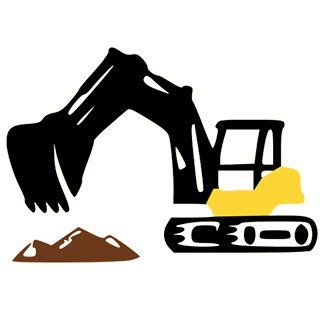
NJ Oil Tank Removal and Soil Remediation at ERC’s Flat Rates
Without question, the two questions we are asked most frequently are:
How much can a soil cleanup cost?
How much does an oil-tank removal cost?

Without question, the two questions we are asked most frequently are:
How much can a soil cleanup cost?
How much does an oil-tank removal cost?
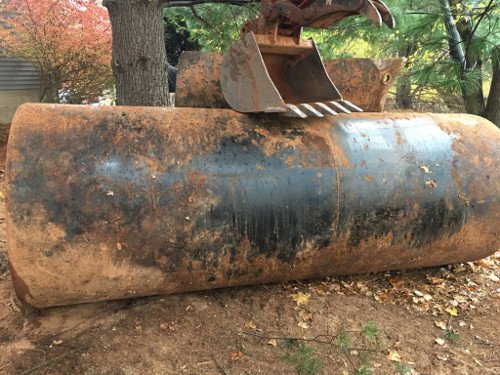
In the case of older homes, buried residential oil tanks are not uncommon in New Jersey. Up until the 1960’s and 70’s, homeowners routinely chose this storage option for their heating source. Home owners were unaware of the environmental risk, and it was simply the accepted thing to do for your home heating.

In many parts of the country, oil continues to be the only option for heating a home. Many homeowners, in these situations, find themselves needing to replace their ancient oil tank. Whether they inherited the tank through the purchase of a home or it’s been so many years since they first had their tank installed, the gut reaction is generally to simply ask for the exact type of tank they already had. Just the newest model.
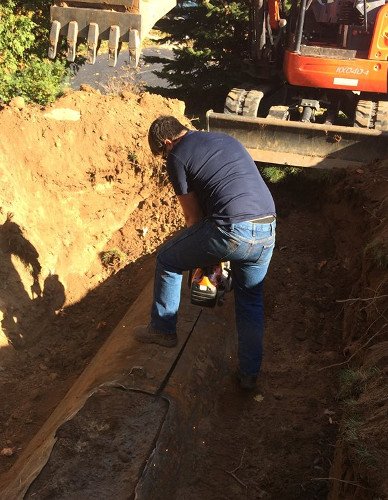
When a homeowner converts to natural gas heating from oil, the assumption is that the tank must always be removed. However, there are situations where the disruption to the property makes it nearly impossible to remove the tank, or where the homeowner feels that it is not worth the time or the money to remove the existing tank. In these cases, homeowners do have the option to abandon the tank. However, be aware that abandoning a

ERC Environmental, LLC. is proud to support our future environmental leaders through our scholarship program.
We are offering a $1,000 scholarship award to an individual pursuing a higher education in the field of environmental science. Our scholarship is open to students either already enrolled in an accredited institution or high school student seniors planning to attend a college or university after graduation. ERC Environmental is committed to helping students pursue their education goals and we

Many homes have tanks that were installed prior to the late ‘90’s. These tanks have a life expectancy of 15-20 years, which means that, today, the majority of them are ready to be removed, remediated, or replaced. Early oil tanks were made of pure steel and these continue to be the most common type of existing tank today. Current homeowners are purchasing tanks that are made of fiberglass or tanks that are constructed of polyethylene, but

As oil tanks leak from the inside out, many homeowners may not realize their unit is leaking until it is already too late. Tanks that are unprotected and buried in soil will corrode the quickest, followed by those located outdoors, but aboveground and exposed to the elements. Finally, tanks that are protected in the basement of a home are the last to experience corrosion; however, they are still vulnerable to decay over time. It is important
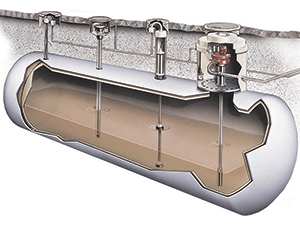
There is no question that having a leaking oil tank on your property is going to be an issue. You will need to have the soil removed, the area remediated, and everything put back together again. With ERC, this will be no problem, and you will only pay one, flat rate for the entire process. No surprises, no gimmicks.
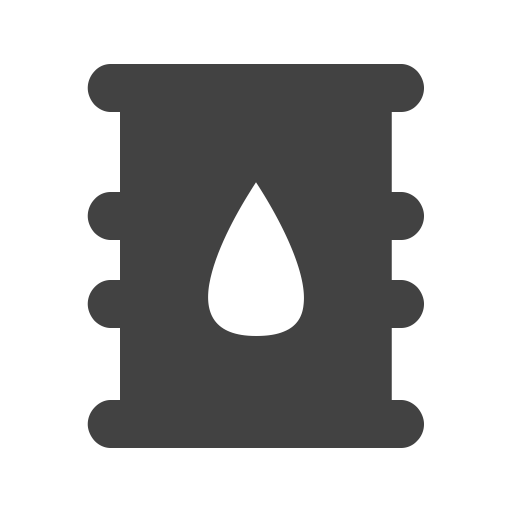
When you own a home, the land the structure sits on is just as important to maintain and keep safe as the home, itself. While there are issues that homeowners face that are visible and obvious, such as land cracking, drainage problems, sinkholes, and lack of fertile soil, there are also dangers lurking below the surface which can pose serious risks to the environment and your personal health; namely, soil contamination.
© 2025 ERC Oil Tank Removal & Soil Remediation. All rights reserved.
